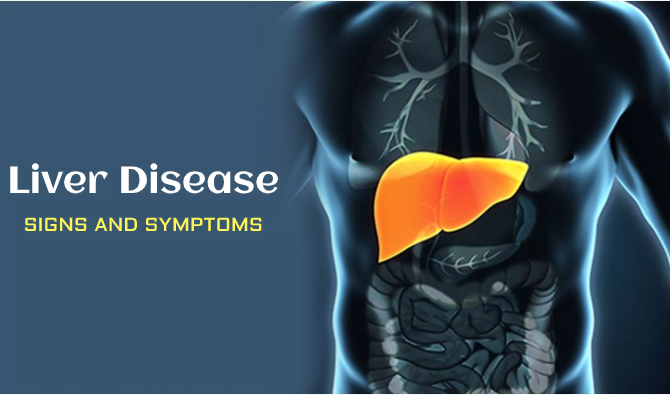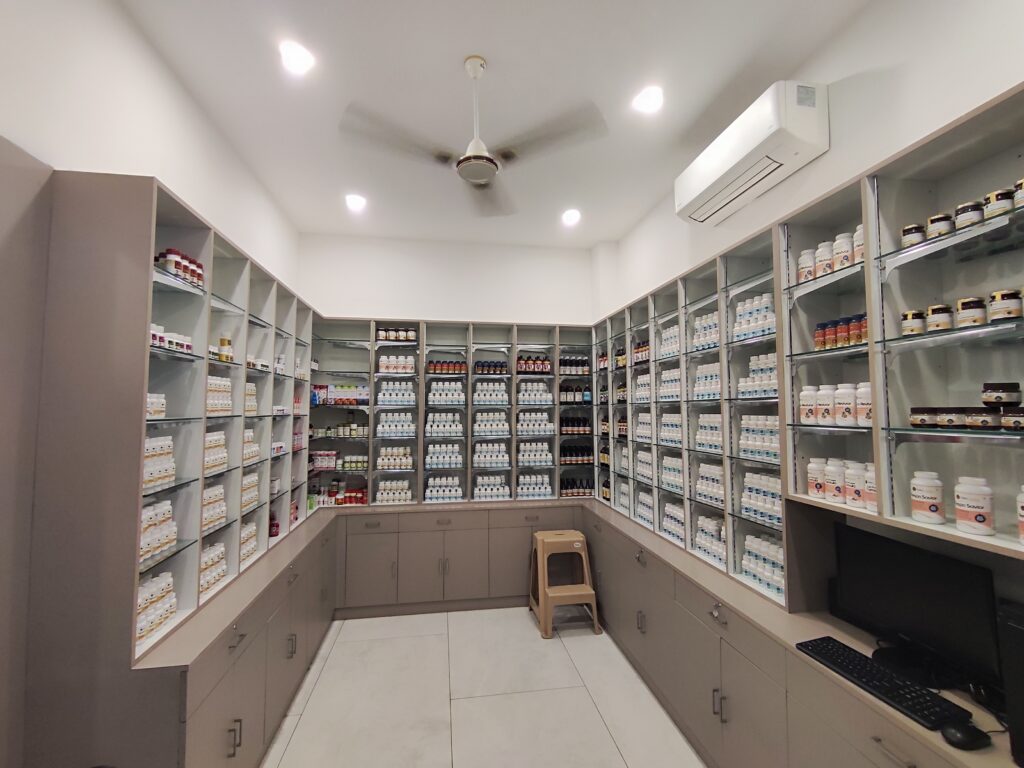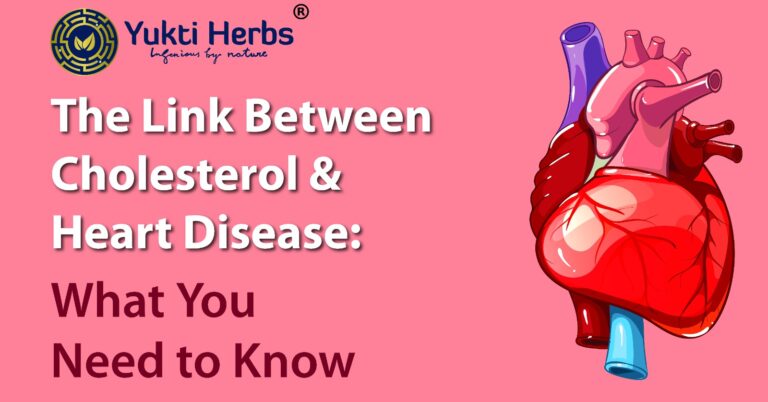Heart disease is a leading cause of death worldwide, and it is essential to understand the factors that contribute to its development. One of the key factors often discussed in relation to heart disease is cholesterol. Cholesterol is a waxy substance found in the blood, and while it is necessary for various bodily functions, high levels of cholesterol can increase the risk of heart disease. In this article, we will explore the link between cholesterol and heart disease, and what you need to know to protect your heart health.
Understanding Cholesterol:
Cholesterol is a fatty substance that is produced by the liver and can also be obtained from certain foods. It plays a vital role in the production of hormones, vitamin D, and bile acids that aid in digestion. Cholesterol travels through the bloodstream in packages called lipoproteins, which are of two types: low-density lipoprotein (LDL) and high-density lipoprotein (HDL).
LDL Cholesterol and Heart Disease:
LDL cholesterol, often referred to as “bad” cholesterol, is associated with an increased risk of heart disease. When LDL cholesterol levels are high, it can lead to the buildup of fatty deposits in the arteries, known as plaque. Over time, this plaque can narrow the arteries, restrict blood flow, and increase the risk of heart attacks and strokes.
Several factors contribute to elevated LDL cholesterol levels, including an unhealthy diet high in saturated and trans fats, obesity, lack of physical activity, smoking, and certain medical conditions such as diabetes and hypothyroidism.
HDL Cholesterol and Heart Disease:
On the other hand, HDL cholesterol, often referred to as “good” cholesterol, helps remove excess cholesterol from the bloodstream and carries it back to the liver for processing and excretion. Higher levels of HDL cholesterol are associated with a lower risk of heart disease.
The Relationship Between Cholesterol and Heart Disease:
Maintaining a balance between LDL and HDL cholesterol levels is crucial for heart health. When LDL cholesterol levels are too high, and HDL cholesterol levels are too low, the risk of developing heart disease increases.
Additionally, the size and composition of LDL particles also play a role in heart disease risk. Small, dense LDL particles are more likely to penetrate the arterial walls and contribute to plaque formation, while large, fluffy LDL particles are less harmful.
Managing Cholesterol Levels:
To protect your heart health, it is essential to manage cholesterol levels effectively. Here are some key strategies:
- Healthy Diet: Adopting a heart-healthy diet is crucial for managing cholesterol levels. Limit your intake of saturated fats found in red meat, full-fat dairy products, and tropical oils. Instead, opt for lean proteins, such as poultry and fish, and incorporate more plant-based proteins like legumes and nuts. Choose healthier fats like olive oil and avocados. Increase your intake of fiber-rich foods, including fruits, vegetables, and whole grains, as they can help lower LDL cholesterol levels.
- Regular Exercise: Engaging in regular physical activity can help increase HDL cholesterol levels and improve overall cardiovascular health. Aim for at least 150 minutes of moderate-intensity aerobic exercise, such as brisk walking or cycling, each week.
- Maintain a Healthy Weight: Being overweight or obese can contribute to high LDL cholesterol and low HDL cholesterol levels. By maintaining a healthy weight through a balanced diet and regular exercise, you can improve your cholesterol profile and reduce the risk of heart disease.
- Quit Smoking: Smoking damages the blood vessels, reduces HDL cholesterol levels, and increases LDL cholesterol levels. Quitting smoking is essential for improving heart health and lowering the risk of heart disease.
- Medications: In some cases, lifestyle modifications alone may not be sufficient to manage cholesterol levels. In such instances, healthcare professionals may prescribe medications, such as statins, to help lower LDL cholesterol levels and reduce the risk of heart disease. It is crucial to follow your healthcare provider’s recommendations and regularly monitor your cholesterol levels.
Regular cholesterol screenings are important to monitor your levels and assess your risk of heart disease. This is especially true if you have a family history of heart disease, have other risk factors, or if you are over the age of 40.
In conclusion, cholesterol plays a significant role in the development of heart disease. Elevated levels of LDL cholesterol and low levels of HDL cholesterol increase the risk of plaque formation in the arteries, leading to heart attacks and strokes. By adopting a healthy lifestyle, including a balanced diet, regular exercise, maintaining a healthy weight, and avoiding smoking, you can effectively manage cholesterol levels and reduce the risk of heart disease by Cholesto Savior, the best Ayurvedic Treatment for Cholesterol. Regular cholesterol screenings and consultation with Ayurvedic Doctor professionals are essential for monitoring cholesterol levels and implementing appropriate interventions to protect your heart health.










